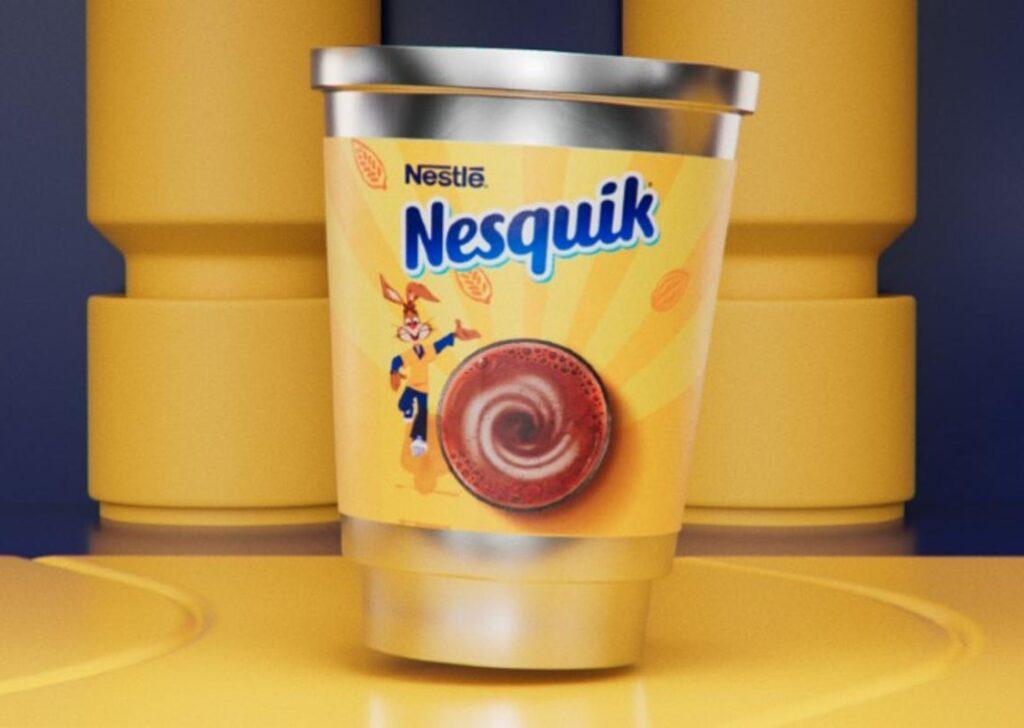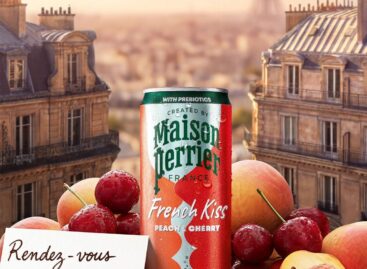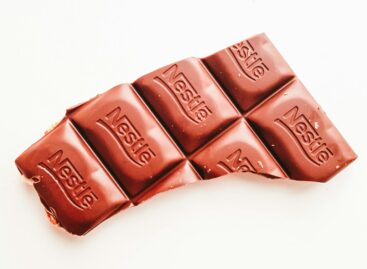Nestlé Has Cut Virgin Plastic Packaging By 10.5% Since 2018
Food giant Nestlé has reduced the use of virgin plastic packaging by 10.5% since 2018 and is on track to cut the use of the material by a third by the end of 2025.

Since signing up to a global commitment on plastic waste five years ago, Nestlé and other signatories have implemented significant measures in reducing virgin plastic and increasing recyclability, according to the latest report from the Ellen MacArthur Foundation.
In 2022, Nestlé cut the weight of its total product packaging by 200,000 tonnes, which, it notes, reduced its greenhouse gas emissions by 280,000 tonnes.
Moreover, it reduced its packaging pieces by 14 billion last year.
Better Packaging Solutions
Nestlé’s total packaging footprint went down from 4.7 million metric tonnes in 2018 to 3.6 million metric tonnes in 2022.
The food giant has also conducted over 20 reuse-and-refill pilot programmes in 12 countries.
In Germany, for example, Nestlé has piloted reusable stainless-steel containers for Nesquik, in collaboration with start-up Circolution.
Building on findings from the pilot programmes, the company continues to test different reuse-and-refill solutions around the world and advocate for the necessary enabling conditions.
Recycling
As well as focusing on packaging reduction, Nestlé is also increasing the use of recycled plastics in its packaging.
At the end of 2022, 7.7% of the company’s plastic packaging was recycled content, and it aims to get close to 30% by the end of 2025.
In the UK, Nestlé’s water business has moved its entire Buxton natural mineral water range to 100% recycled PET.
The company has also pledged to design 100% of its packaging for recycling systems.
To date, 81.9% of Nestlé’s total plastic packaging is designed for recycling, and it aims for more than 95% of its plastic packaging to be ready for recycling by the end of 2025.
Nestlé also supports governments in accelerating the development of infrastructure for waste recycling.
It advocates for a Global Plastics Treaty and well-designed extended producer responsibility and deposit return systems.
Nestlé added that it has partnered on 220 initiatives to develop well-functioning collection, sorting and recycling schemes in Europe, Africa, Asia and Latin America.
Related news
Related news
GDP growth in OECD member countries slowed to 0.3 percent in the last quarter of last year
🎧 Hallgasd a cikket: Lejátszás Szünet Folytatás Leállítás Nyelv: Auto…
Read more >Change in Rossmann Hungary’s leadership: Kornél Németh decided to move towards new challenges in 2026
🎧 Hallgasd a cikket: Lejátszás Szünet Folytatás Leállítás Nyelv: Auto…
Read more >








